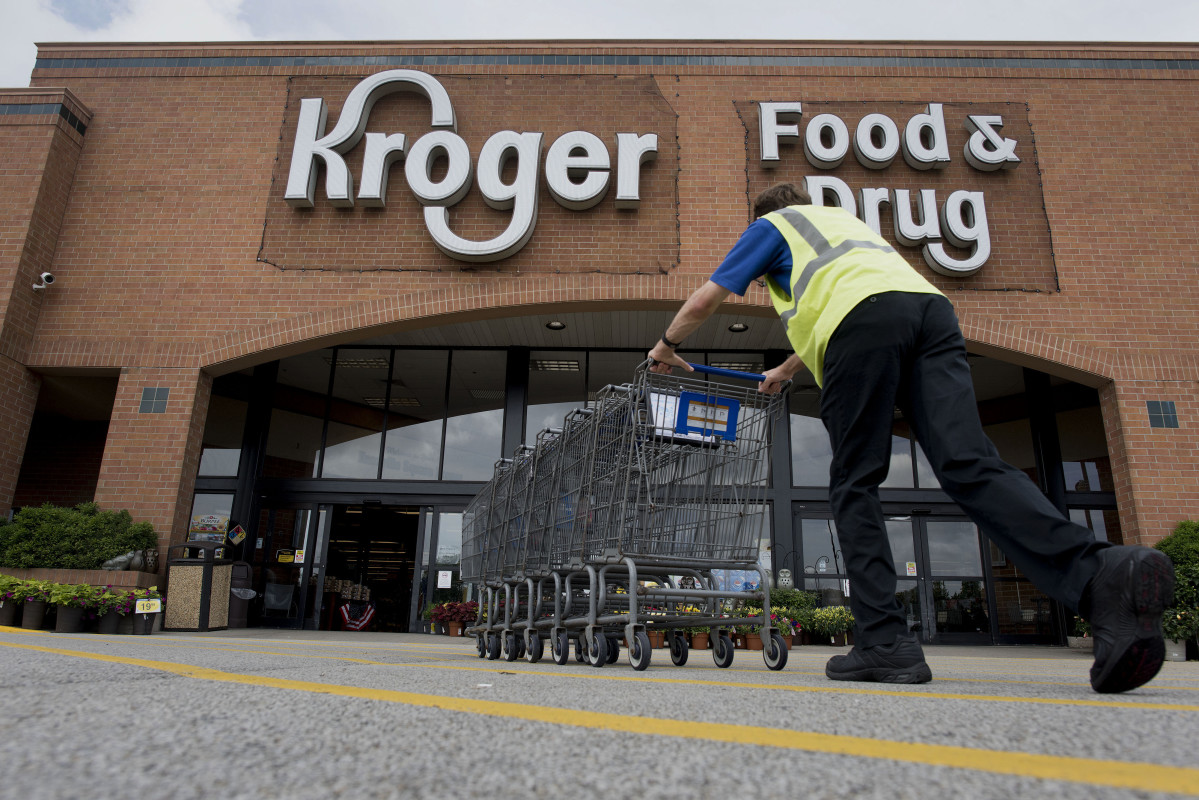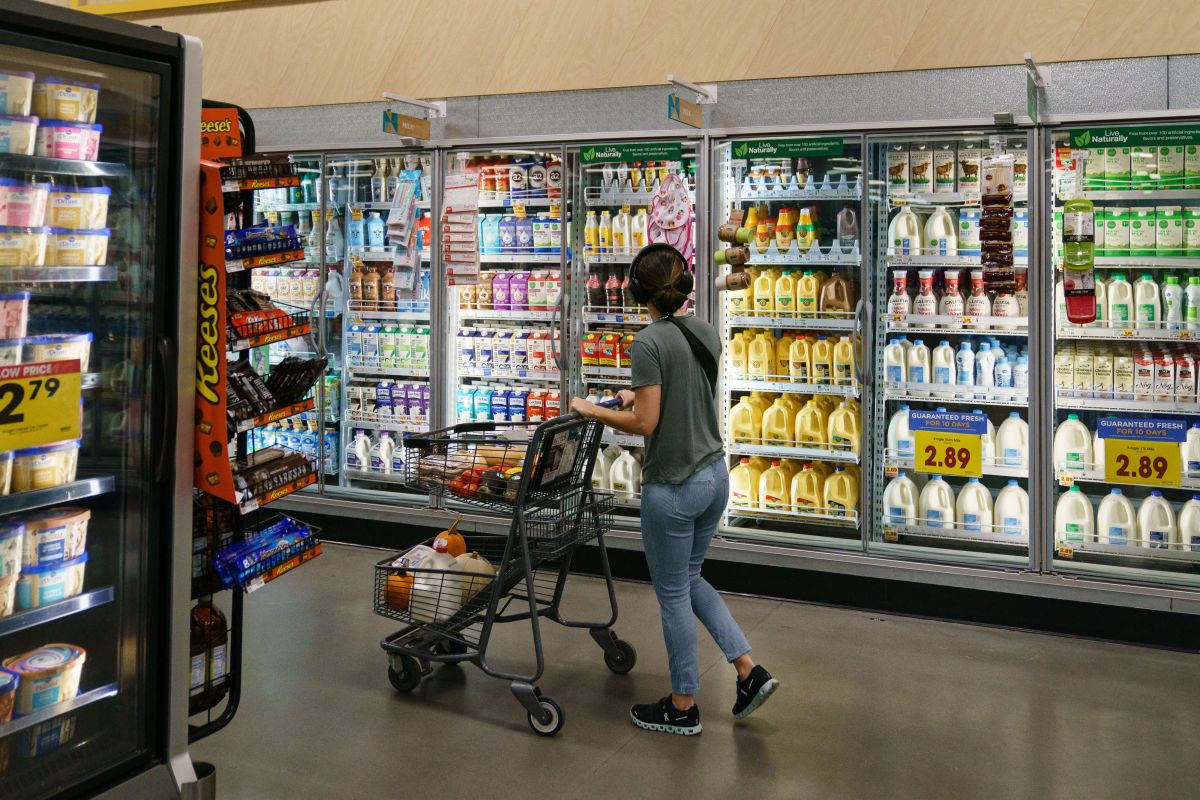
In 2018, Kroger first announced that it was reimagining price tags in some of its stores. In roughly 200 of its locations, the company revealed, it will be switching out its paper price tags for digital ones, which would allow employees to update prices for items within seconds.
After Kroger (KR) recently expanded this technology in hundreds of more stores last year in an effort to save paper and improve the experience of shoppers, a few lawmakers are beginning to grow suspicious of the company’s real intentions.
Related: Walmart uses bait-and-switch tactic on customers, says lawsuit
In an Aug. 5 letter to Kroger CEO Rodney McMullen, U.S. Sens. Elizabeth Warren, D-Mass., and Bob Casey, D-Pa., revealed that they will be launching an investigation into the company’s digital price tags as they are worried that the new technology will open the door for price gouging.
“These digital price tags may enable Kroger and other grocery chains to transition to ‘dynamic pricing,’ in which the price of basic household goods could surge based on the time of day, the weather, or other transitory events – allowing stores to calibrate price increases to extract maximum profits at a time when the amount of Americans’ income spent on food is at a 30-year high,” reads the letter.
The senators also flagged that in February, Kroger began working with Intelligence Node, a company that uses artificial intelligence to “provide dynamic pricing and market analytics solutions.”
They also claim that Kroger’s partnership with Microsoft (MSFT) on developing its EDGE smart shelves, which display digital price tags and ads, is a cause for concern as the technology allegedly has the potential to “exploit sensitive consumer data” through facial recognition tools.
“Through a partnership with Microsoft, Kroger plans to place cameras at its digital displays, which will use facial recognition tools to determine the gender and age of a customer captured on camera and present them with personalized offers and advertisements on the EDGE Shelf,” reads the letter. “EDGE will allow Kroger to use customer data to build personalized profiles of each customer, and then use those profiles ‘to determine how much price hiking each of us can tolerate,’ quickly updating and displaying the customer’s maximum willingness to pay on the digital price tag.”
The senators are giving the Kroger CEO until Aug. 20 to respond to a list of their concerns, which are outlined in the letter, about the company’s digital price tags and EDGE technology.
“It is outrageous that, as families continue to struggle to pay to put food on the table, grocery giants like Kroger continue to roll out surge pricing and other corporate profiteering schemes,” reads the letter.

A growing number of retailers across the country are giving paper price tags the boot. Walmart (WMT) announced in June that it will begin to make the switch to digital price tags in its stores after it tested the technology out at one of its locations in Texas, which yielded positive results.
Walmart plans to expand the technology to 2,300 stores by 2026, as it claims it will help expedite the amount of time it takes for employees to update the price of items.
The retailer also shot down speculation that the new technology will enable it to enforce dynamic pricing.
More Retail:
- Sam’s Club customers threaten to end membership over new policy
- Tractor Supply has another boycott on its hands after radical change
- Dior pays a startling low price to produce a $2,780 handbag
"It is absolutely not going to be one hour it is this price, and the next hour it is not," said Greg Cathey, Walmart Senior Vice President of Transformation and Innovation, during an annual shareholder meeting on June 6, according to Reuters.
As consumers are facing higher prices for goods and services across the country due to inflation, the potential for a normalization of dynamic pricing is a major concern as it can lead to even more inflated prices.
According to a 2023 survey by Capterra, most U.S. consumers view dynamic pricing negatively. The survey found that 52% of U.S. consumers equate dynamic pricing to price gouging, while only 34% believe that dynamic pricing is beneficial to consumers.
Related: Veteran fund manager sees world of pain coming for stocks







